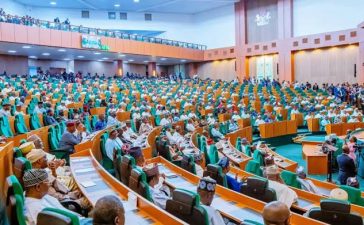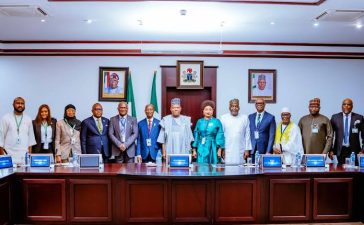The Nigerian Economic Summit Group (NESG) has called for a more effective approach to financial inclusion in Nigeria, highlighting that over 30 million Nigerians are currently financially excluded. This appeal was made during a webinar organized by NESG yesterday, themed “Enhancing the Banking and Payments System for Effective Financial Inclusion.”
Speaking at the event, Mr. Lanre Akinbo, a board member of NESG, emphasized the complexity of Nigeria’s financial landscape. He noted that despite the country’s vast network of financial institutions—including 33 deposit money banks, 887 microfinance banks, and 291 active fintech startups—cash remains the dominant means of transaction, particularly in the informal sector.
“With a population of 220 million (2021) and a rapidly expanding financial services ecosystem, the need for financial inclusion is critical,” Akinbo said. He stressed that financial inclusion is essential for improving economic access, reducing poverty, and addressing inequality across the country.
However, Akinbo pointed out that despite the progress in expanding financial services, a significant portion of the population remains underserved. “Over 30 million Nigerians remain financially excluded, and only 6% of Micro, Small, and Medium Enterprises (MSMEs) have access to financial credit, despite their crucial role in driving the economy,” he added.
The NESG’s webinar underscored the urgent need for strategic interventions to address the gaps in financial inclusion. The organization highlighted that increasing access to financial services for underserved populations is key to fostering economic growth and ensuring that the benefits of financial inclusion reach all segments of society.
As Nigeria continues to advance its financial services sector, the NESG has urged stakeholders to focus on creating inclusive financial systems that cater to the needs of the entire population, particularly those in rural and informal sectors. They describe the call for a more effective financial inclusion strategy as a vital step towards achieving broader economic development goals and ensuring that more Nigerians can participate in and benefit from the country’s growing financial landscape.







